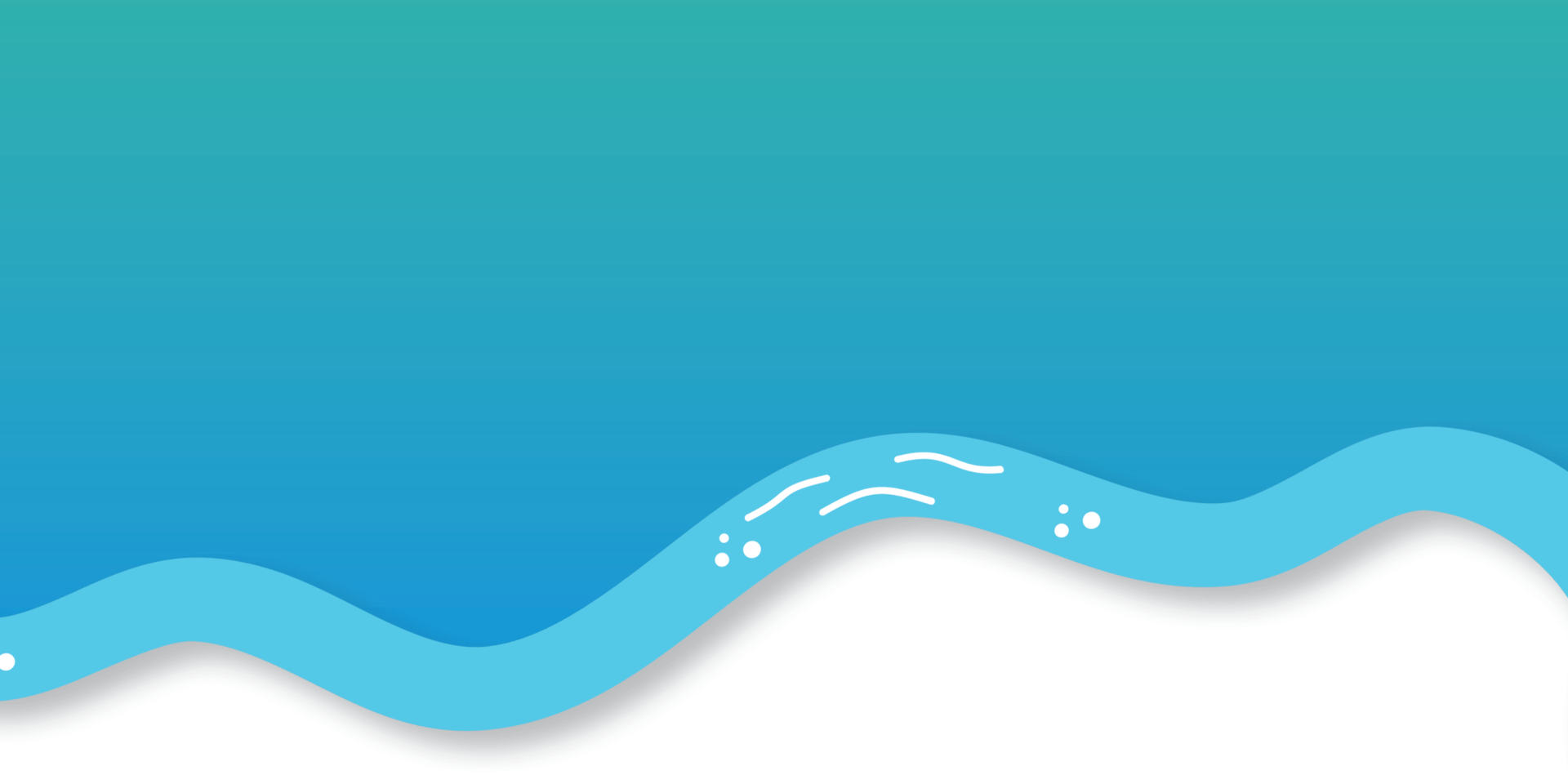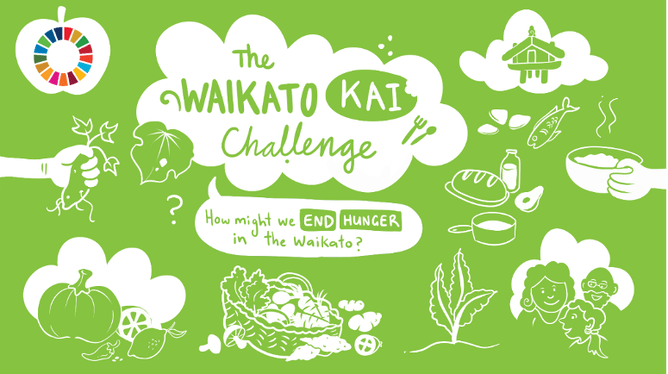The WWP has an ambitious goal of reducing child poverty in the Waikato region to less than 1% and eliminating child hunger by 2030 and a vision that “Our children can thrive because none are hungry at school or cold at home. They can afford to participate in social, artistic, cultural and sporting activities.”
To date our Manu Taki for SDG 1 and 2 Anna Casey-Cox, Norm Hill, Ioana Manu, Cilla Abbott and Jo Wrigley have undertaken a series of consultation hui to understand how we can develop kai resilience and kai sovereignty in our region.
- Initial Hui held at Wintec (2021)
- Two virtual seminars to celebrate local successes
- A number of empathy interviews with kaumātua
- A strategy, Rongomātāne, Kai Māori, Kai Ora, has taken shape
These can be viewed on our website: Waikato Kai Challenge | Waikato Wellbeing Project
The Manu Taki are all engaged with various strategies focused on developing kai resilience and kai sovereignty in our region - this includes supporting the network of Te Puna Kai o Waikato - an initiative of Go Eco that focuses on connecting communities with Papatūānuku through kai growing. Maara kai are developing throughout the Waikato, including a 22-hectare maara kai in Rāhui Pōkeka and a Tongan whānau garden in Templeview, Kirikiriroa.
Learning from others, we are also looking at the many amazing kai initiatives underway across the motu:
- The Southern Initiative (TSI) has developed a strategic framework, called the Good Food Road Map, to ensure “Everyone in Aotearoa New Zealand should be able to access good food at all times.” (The Good Food Road Map — The Southern Initiative (tsi.nz))
- Healthy Families - National Kai Impact Report (2022) has been published with a framework (based on Good Food) on how organisations can join a movement to “create a transformational shift in the food system” (National Kai Impact Report - Healthy Families NZ (healthyfamilieswrr.org.nz)
- The Mana Kai National Food Roadmap (Aotearoa Circle), which sought to identify and articulate a broad understanding of the purpose and values of the food system in Aotearoa, and secondly to identify opportunities for collaborative action that will have a measurable impact in moving the system towards the purpose and values that have been articulated. TO+LAUNCH_Mana+Kai+Purpose+&+Values+Document.pdf (squarespace.com)
Where are we at now?
On November 8th, our Manu Taki came together to better understand how we can progress the Kai Challenge to realise our collective vision. Building on our mahi to date we identified several things we wanted to understand to help identify an area of focus that would provide insight and breakthrough and enable our region to move closer to realising the vision. We also have some key questions to address which will help inform our role, approach and how we move forward:
- What role should the WWP take in realising our vision?
- What initiatives are already underway/and or planned that would help inform our approach and role?
- Is our vision/focus the right one?
- Who else is actively working in this area and how might we partner with them
To Progress the Kai Challenge, we are exploring options using our strategic framework as a guide:
Lead, Facilitate and Fund Impact Projects
- complete the Rongomātāne Kai Strategy and understand how to progress this further
- Develop a Roadmap for the Kai Challenge to create breakthrough and insight
- Create opportunities to involve/partner with others working within kai sovereignty/kai impact, to help shape our role, challenge question and define the approach moving forward
- Nail our challenge focus - is our current one too broad and do we need to include poverty?
- Gain a clearer understanding of how hunger impacts our community
- Identify where our collective efforts should be placed to enable kai sovereignty; and
- Map the Waikato food system.
Share Wellbeing Stories through Data and Insight
- Our access to local, relevant and timely data is limited; we don’t currently have a sound or shared knowledge of the scale of our challenge and its impact on our communities
- How might we build on existing work completed with a focus on collective impact and innovation?
Celebrate Local Successes
- How can we continue to celebrate local successes through our Little Fires Project?
- where should the WWP focus to help uplift and support existing initiatives or address any gaps (utilising our strategic framework)?


